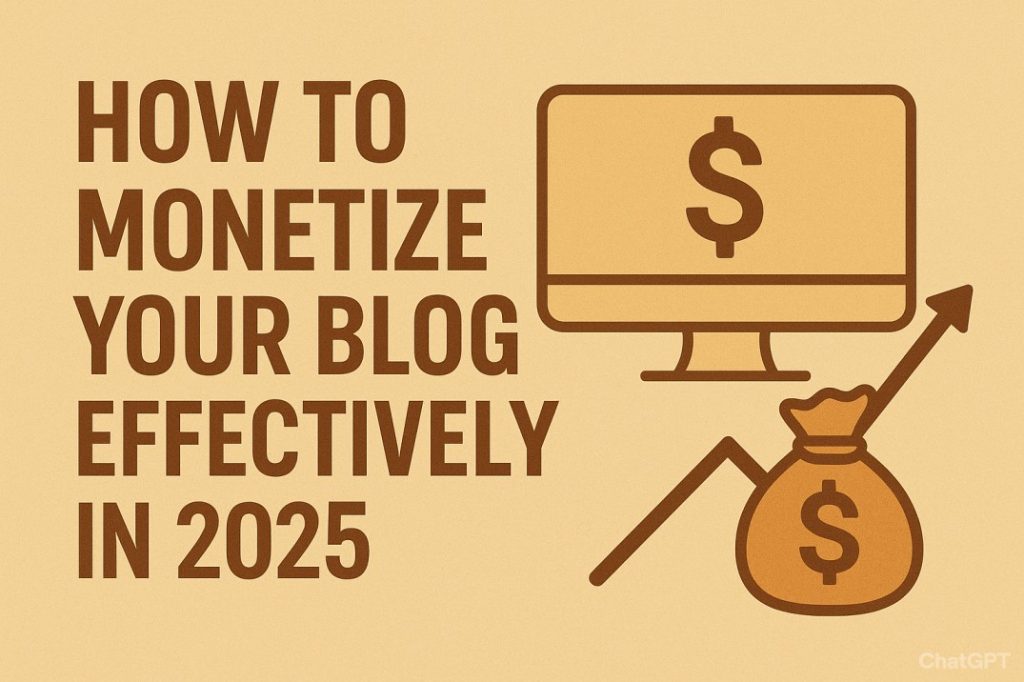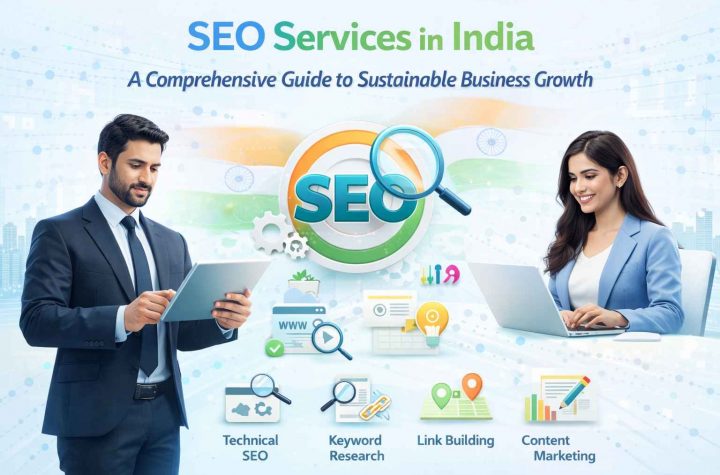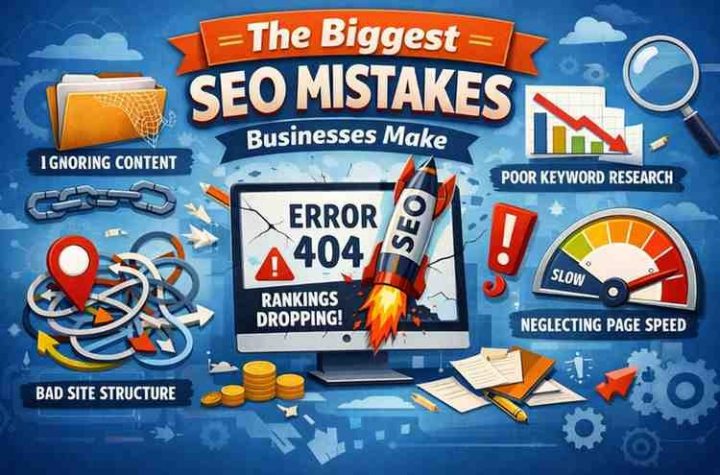
Blogging is no longer the same as it once was. What began as individuals casually exchanging ideas online has transformed into a significant business platform. In 2025, blogs are helping creators build influence, earn income and even launch full-scale digital brands. However, the challenging aspect is that monetization continues to change. Old methods still work, but they need to be adjusted, and new ones are coming in all the time. To make money from a blog today, you’ve got to balance authenticity with smart strategy.
Trust Comes Before Money
You can’t talk about monetization without talking about trust. Readers nowadays can sniff out inauthentic content almost instantly. If a blog seems solely focused on promoting products or advertisements, readers will not stay. Developing a devoted audience requires time by providing valuable, genuine, as well as relatable content. Once readers trust your voice, monetization becomes a lot more natural. Without that, no strategy really works.
Affiliate Marketing: Still a Winner
Affiliate marketing continues to be the most preferred strategies out of many. The difference is that in 2025, you can’t just drop links everywhere and expect results. Readers want thoughtful recommendations. A travel blogger, for instance, might share a full guide about backpacking gear they actually used instead of listing 20 random items.
It’s not about quantity anymore but it’s about depth and experience. When readers feel you’re recommending something because it’s genuinely good, they’re more likely to buy, and commissions start to add up.
Ads Are Changing Shape
Ads aren’t dead, but the way they show up has changed. Traditional banners often get ignored or blocked. Currently, contextual and programmatic advertisements that integrate seamlessly into content prove to be more effective. They don’t shout “advertisement,” resulting in a more seamless reading experience.
Still, it’s important not to overload your blog with ads. Excessive ads can discourage readers. The main point is to choose networks that emphasize relevance, enabling ads to integrate smoothly into the narrative instead of disrupting it.
Selling Digital Products
Digital products are thriving in 2025. E-books, online courses, design templates, and subscription newsletters are outstanding revenue sources. The best part is they scale: once you create them, they keep selling with little extra effort.
For example, a finance blogger might launch a budgeting spreadsheet. It’s simple, useful and positions them as an authority. Customers buying digital products are not only offering financial support; they are also investing in your knowledge and skills.
Subscriptions and Memberships
Membership frameworks are an emerging trend. Numerous bloggers currently provide premium content, exclusive resources or private groups for a monthly subscription. It generates steady revenue and enhances community allegiance.
It doesn’t have to be complicated either. Even a small subscription model can generate steady revenue if the content is valuable enough. Additionally, subscribers frequently transform into your strongest supporters once they stay and interact more.
Sponsored Content and Partnerships
Brands are still eager to partner with bloggers, but they’re pickier now. They prefer influencers who have credibility in their niche, not just big numbers. A food blogger working with a sustainable kitchenware brand, for example, makes sense. A random partnership, not so much.
Authenticity matters here more than anything. Readers can easily spot a forced collaboration, and if that happens, trust takes a hit. Bloggers who are discerning in their partnerships tend to cultivate more robust long-term connections with brands.
Mixing Revenue Streams
The most intelligent strategy in 2025 is to avoid relying on just one income stream. Effective bloggers combine affiliate links, advertisements, digital goods, sponsorship deals, and subscription services. That way, if one stream slows down, others can keep the income steady. Imagine it as a collection of investments. You wouldn’t invest all your funds in a single stock, correct? Similar to blogs, diversify to minimize risk and maintain consistent growth.
Keeping Up With Tools and Trends
Tech is moving fast, and blogs that adapt do better. Analytics powered by AI, automated SEO, and integrated e-commerce solutions simplify monetization while elevating expectations. Bloggers have to keep learning, testing, and adjusting strategies. Standing still isn’t really an option anymore. To stay competitive, you must adapt with the tools and the expectations of your audience.
Conclusion
Turning a blog into a revenue source in 2025 isn’t reliant on a single secret strategy. It’s about trust, creativity, and smart diversification. From sophisticated affiliate marketing to digital products, changing advertisements and subscription offerings, the options are extensive. The bloggers who prioritize their readers while exploring various income sources are the ones who will succeed.ChatGPT said:Ultimately, a blog transcends mere content; it operates as a business, and by 2025, it has the potential to be quite influential. Ezocards




More Stories
SEO Services in India: A Comprehensive Guide to Sustainable Business Growth
Which business directory is best for SEO?
Types of SEO: What Every Business Should Know